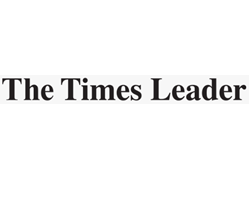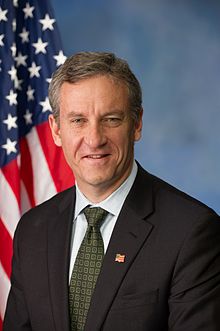New Bill Would Eliminate Coal Royalty Loophole

September 20, 2018 - Pennsylvania Rep. Matt Cartwright says he has introduced a bill that would improve the economic vitality of coal communities hurt by the loss of coal jobs.

Matt Cartwright
Cartwright, D-Moosic, introduced the Coal Royalty Fairness and Communities Investment Act of 2018 — a bill that would provide $70 million to struggling, historic coal communities to:
• Help build economic resilience by diversifying industries.
• Promote new job creation opportunities.
• Ensure fair returns on publicly owned coal.
• Improve the transparency of the federal coal program.
Cartwright said communities across America have built their economies and livelihoods around the extraction, transportation, and manufacturing of natural resources. However, he said economies and industries change, often leaving these communities struggling in the wake.
“Significant decreases in demand for coal power generation have negatively impacted workers and communities that have relied on the coal industry for decades,” Cartwright said.
In addition, $5 million would go to fund the design, construction, and operation of large-scale projects to capture and store carbon dioxide emissions from industrial sources.
Cartwright, who sits on the House Appropriations Committee, said the legislation pays for the investments by closing loopholes in the federal coal royalty payment system. Currently, by selling to their own subsidiaries at below market rates, coal companies often cut corners and avoid paying fair royalty costs on coal extracted from federal land.
Nicole Gentile, deputy director for Public Lands at Center for American Progress, said the federal coal program is rigged with loopholes that cost taxpayers millions a year in lost revenues and unfairly disadvantage Appalachian coal communities.
“This measure will help fix major flaws in the federal coal leasing program and create a significant new revenue stream for local communities that are working to expand opportunities and diversify their economies,” Gentile said.
Cartwright said reports have previously found that coal sales to subsidiaries and other non-competitive activities cost the federal government as much as $139 million in royalty payments every year. Thus, this bill would be both deficit-positive and provide additional funding to the communities that need it most, Cartwright noted.

